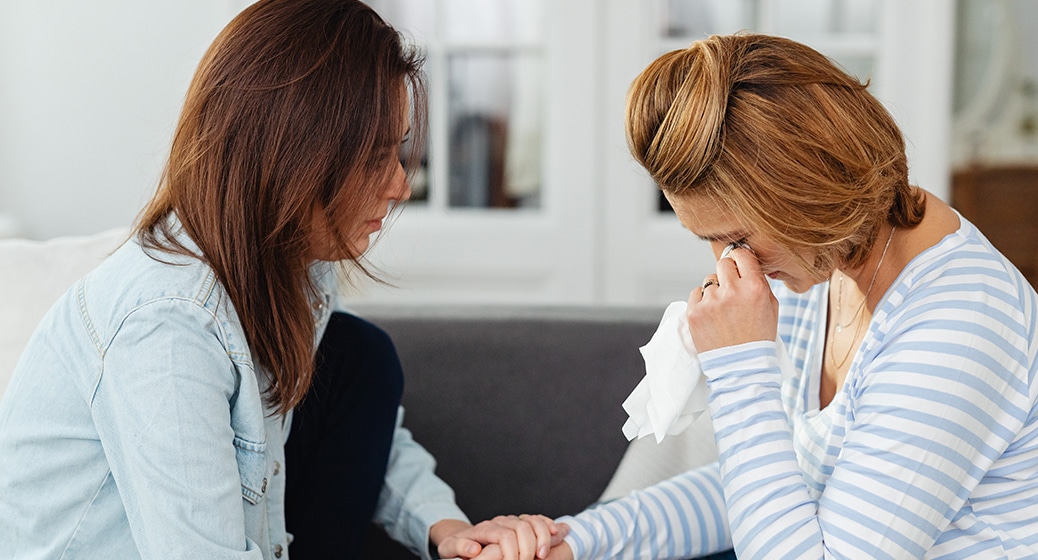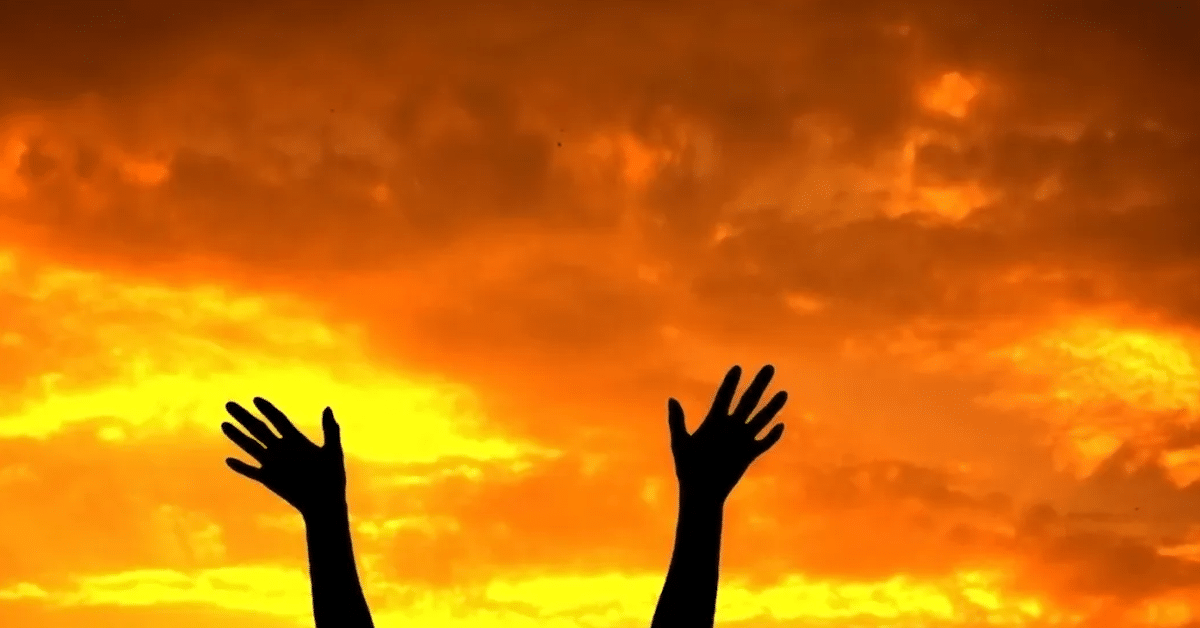Therapists and other such mental health professionals often assist their clients with processing personal tragedies in their lives. However, there are also instances in which mental health professionals may help multiple clients come to terms with collective tragedies. Examples of such tragedies include (but are not necessarily limited to) mass shootings, terrorist attacks, and pandemics.
Knowing how to approach these topics with clients can be challenging. A single blog certainly can’t cover everything a mental health professional should know about the topic. If this is an area of professional concern for you, strongly consider reaching out to your peers and mentors to discuss the topic in greater detail. They may be able to provide you with guidance and resources that can help you better serve your clients in these circumstances.
That said, there are certain basic tips mental health professionals should remember when working with clients who have been either directly or indirectly affected by collective tragedies. They include the following:
Remember that every client is an individual
The fact that a tragedy may be affecting numerous people does not mean that tragedy is affecting everyone in the same way. First, you must consider that the direct impacts of a collective tragedy on the lives of your clients can and will vary from one person to another. As Caroline Girouz, a psychiatrist with UC Davis Health, recently pointed out, while collective tragedies can impact many people, the nature of those impacts may vary.
Consider the example of the Covid-19 pandemic. Some of your clients during this time may have been directly affected if they caught the virus, knew someone who was sick, or even potentially lost a friend or family member to Covid-19.
Other clients of yours may not have been affected by the pandemic in such clear and transparent ways. That does not mean this widespread tragedy had no impact on them whatsoever. For example, even if they didn’t end up losing anyone to the virus, they might have struggled with constant anxiety that this would happen.
Consider the way lifestyles, family situations, and other such factors can influence the manner in which a client responds to a collective tragedy. For instance, many people are understandably and naturally upset and even fearful after such tragedies as the shooting at Robb Elementary School in Uvalde, Texas. However, the way a client with young children processes this tragedy might differ from the way in which a client without children processes it.
None of this is meant to suggest that you should dismiss the struggles and concerns of some clients if you believe they have less reason to be affected by a collective tragedy than others. It’s merely meant to remind you that there is no one universal approach that’s going to help every client and patient who may be dealing with difficult emotions after major tragedies.
Prioritize self-care
Don’t make the mistake of assuming you are somehow emotionally exempt from the impacts of a collective tragedy. By their very nature, collective tragedies affect many people. There is every reason to believe you will be among those who are affected by such events.
Virtually all strong mental health professionals know that they cannot serve the needs of their clients if they do not tend to their own emotional and mental health needs as well. If you are personally struggling to cope with the aftermath of a massive tragedy, be sure you are addressing the issue by seeing a therapist yourself and taking other necessary self-care steps.
Be aware that the American Psychological Association strongly recommends that all people who feel affected by mass shootings make a point of consciously addressing their mental and emotional health needs during these difficult times. This advice can likely apply in the wake of any collective tragedy.
Research local events and resources that may be helpful for your clients
When collective tragedies occur, it is not uncommon for communities, churches, schools, and others to organize support groups and provide access to resources for those who have either been affected by such events or who are simply processing complicated thoughts and emotions related to them.
As a mental health professional, while you certainly have a responsibility to support your clients in their times of need, you must also be aware that you are not necessarily the only potential source of support in their lives. After all, you can’t be there for them all the time. If you’re seeing one client, you can’t see another.
That’s why you should also consider looking into resources and other forms of support that may be available to your clients after collective tragedies. Letting your clients know about these resources can ensure they have multiple options to consider when they need help working through their feelings about these sad occurrences.
Research confirms that support groups and social ties in general can play a positive role in communities impacted by major tragedies. Experts who study why some communities “bounce back” from collective tragedy while others do not have found that in communities where members support one another, both individuals and communities as a whole tend to benefit.
All that said, once again, the main point to remember is that your professional network should also play a role in guiding your approach to discussing collective tragedies with clients. These recommendations are simply a few general ideas that can make this task feel much less challenging than it otherwise might.
Keep Reading
Want more? Here are some other blog posts you might be interested in.









